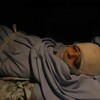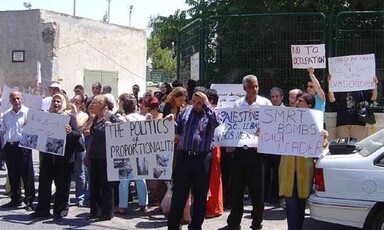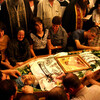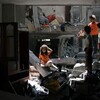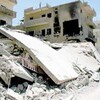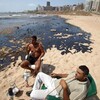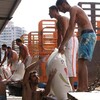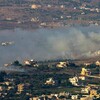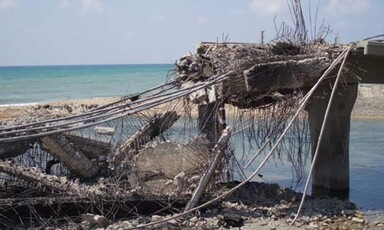
The Bougainvillea Are in Full, Glorious Bloom
Saida 5 August 2006
This siege note is dedicated to Akram. Akram was my first friend from Saida. I had visited Saida before I met him, but it became a whole other story after I went there with him, and after I became familiar with his work. Akram is also one of the constitutional elements of my life in Beirut. Our friendship is peculiar because it has carved a world specific to it, a language of its own, replete with metaphors, a stock of memories, and piles and piles of images and stories. I like to think of it as a space, a retreat, like a small interior garden where a deeply anchored quietude prevails. Read more about The Bougainvillea Are in Full, Glorious Bloom
